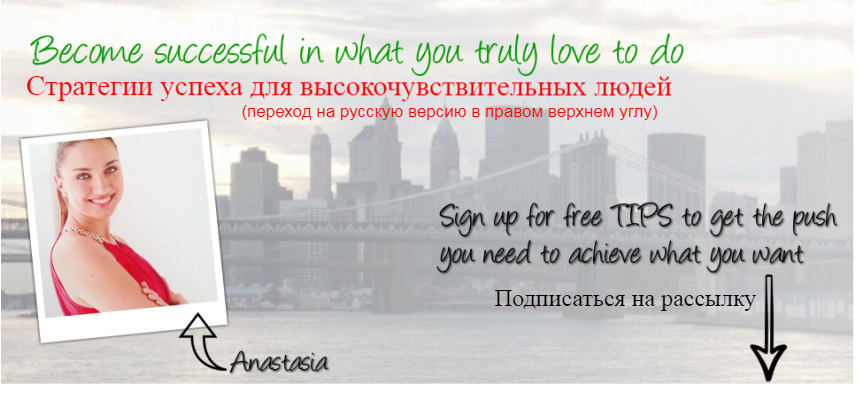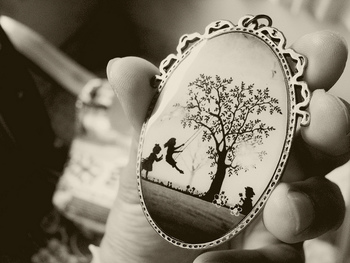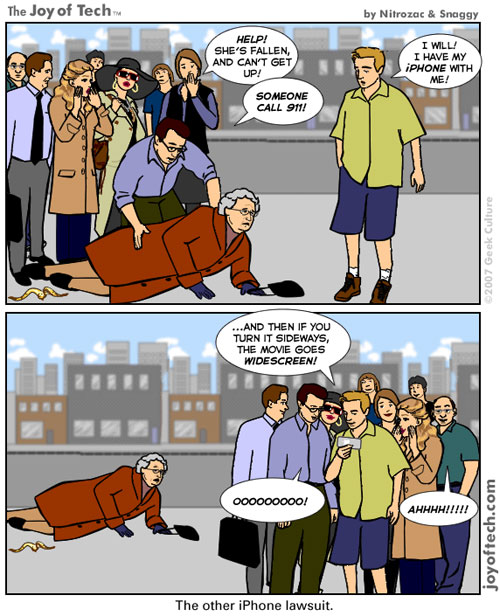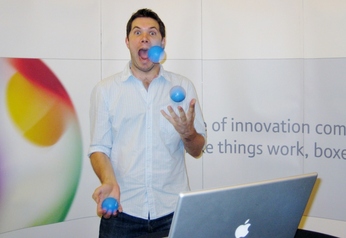In this episode of Highly Sensitive and Successful podcast coach Anastasia shares insights from her new book, Homo Distractus: Fight for your choices and identity in the digital age and discusses why it's very important for highly sensitive people to limit and control their information and tech consumption, and how they can do that without losing touch with their social circle.
And how do you take care of your brain online? Post your tips in the comments!









